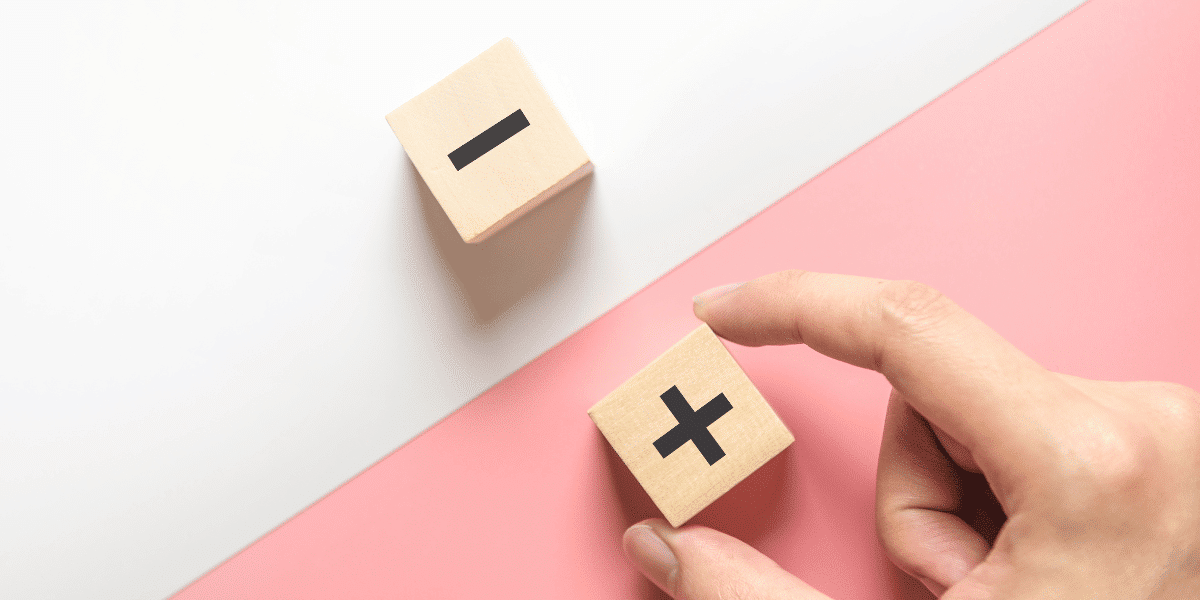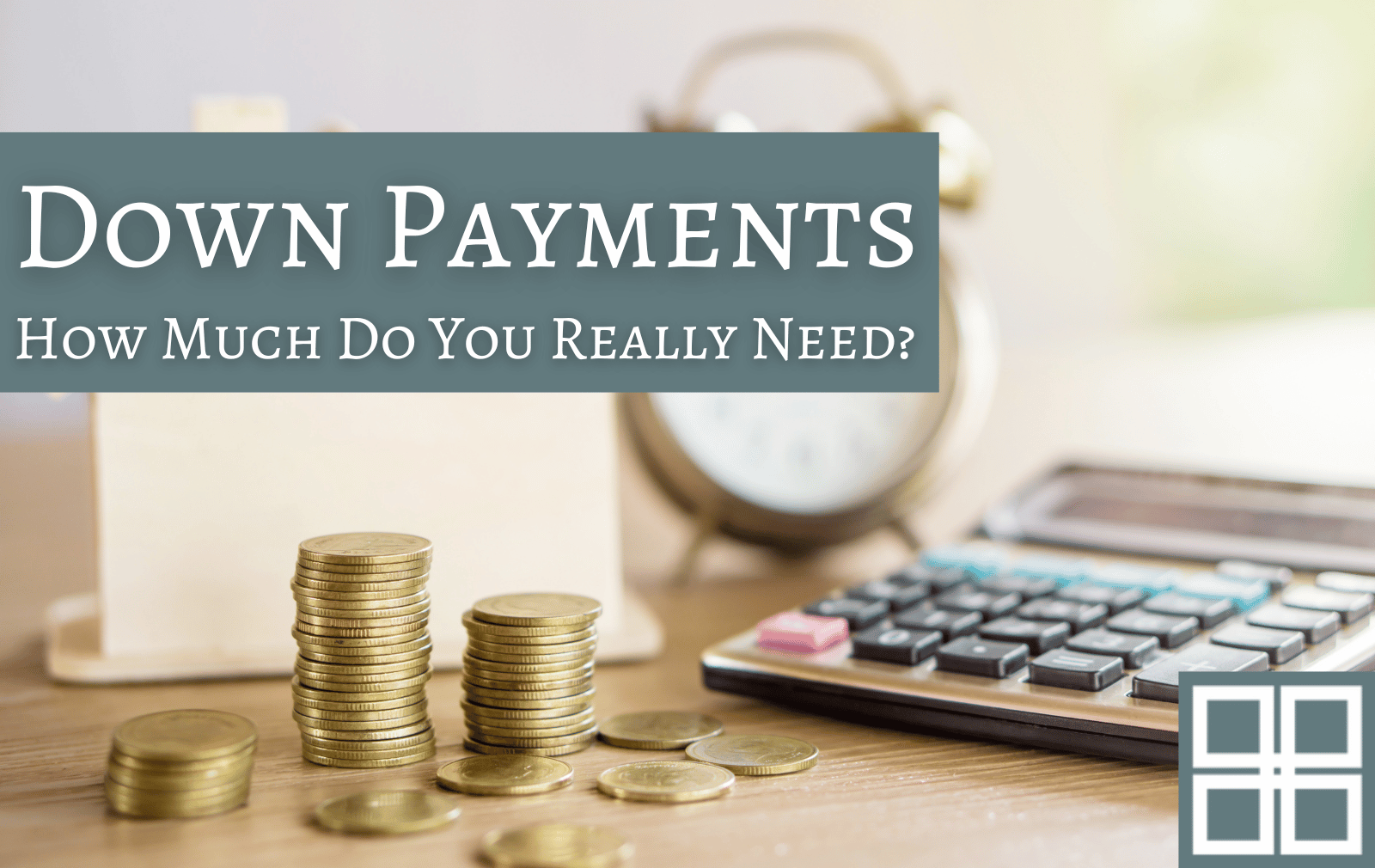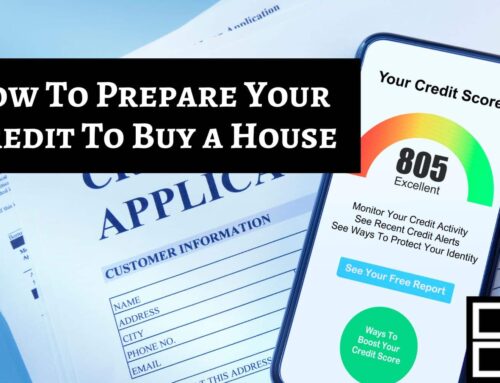How Much Is Needed For A Down Payment?
One of the most common questions from buyers, especially first-time homebuyers, is: “How much do I really need for a down payment?” It’s a crucial part of the home buying process, and understandably, it can also be one of the most daunting. The down payment on a house is often seen as a major hurdle, and figuring out how much you need to save can feel like navigating a maze of financial advice and market trends.
So, we’ll demystify down payments, exploring how much you might need, what factors influence the amount, and different options available to you. Whether you’ve been saving for years or are just starting to plan your home purchase, understanding down payments is a key step in making your homeownership dreams a reality.
Understanding Down Payments
A down payment is the upfront amount you pay when purchasing a home. It’s a percentage of the home’s total cost and is crucial in securing your mortgage. Essentially, it’s your initial investment in your future property. The down payment affects your mortgage amount, monthly payments, and sometimes even your interest rate and need for mortgage insurance.
The Traditional 20% Expectation
There’s a longstanding belief that you need to put down 20% of the home’s price as a down payment. This number isn’t arbitrary; it’s often cited because it typically eliminates the need for private mortgage insurance (PMI), a protective measure for mortgage lenders. PMI is an additional monthly cost until you’ve built up enough equity in your home, usually 20% of its value.
Down Payment Options
The truth is, down payments can vary widely. While 20% is ideal for some, many buyers opt for lower down payment options.
Let’s take a look at some of the more common options:
- 5% Down Payments: Suitable for those who want to buy a home sooner but can handle a higher monthly payment amount.
- 10% Down Payments: A middle ground, offering a reduced PMI and more manageable monthly payments compared to 5%.
- 20% Down Payments: Ideal for avoiding PMI and achieving lower monthly mortgage payments.
Programs for Lower Down Payments
There are several programs outside of conventional loans designed to help homebuyers with lower down payments.
These include:
- FHA Loans: These loans, backed by the Federal Housing Administration, allow down payments as low as 3.5% for buyers with a minimum credit score of 580.
- VA Loans: For veterans and service members, VA loans can offer zero down payment options.
- USDA Loans: Aimed at rural homebuyers, these loans can also provide zero down payment options in eligible areas.
Each down payment option has its own set of benefits and considerations. Your choice will depend on your financial situation, long-term goals, and the housing market you’re entering.

Pros and Cons of Larger vs. Smaller Down Payments
When deciding what’s best for you, it’s important to weigh the pros and cons of each option.
Larger Down Payments
Let’s start with larger down payments and their advantages and disadvantages.
Pros:
- Lower Monthly Payments: A larger down payment reduces your loan amount, leading to lower monthly mortgage payments.
- Less Interest Over Time: You pay interest on a smaller loan amount, which can save you a significant amount of money over the life of the loan.
- Competitive Edge: In competitive markets, a larger down payment can make your offer more attractive to sellers.
Cons:
- More Upfront Cash: It requires a larger amount of savings, which might not be feasible for everyone.
- Reduced Liquidity: You’re putting a significant amount of your savings into a non-liquid asset.
Smaller Down Payments
Now we’ll take a look at smaller down payments.
Pros:
- Accessibility: More accessible for first-time buyers or those with limited savings.
- Reserve Funds: Allows you to retain cash for renovations, emergencies, or investments.
Cons:
- Higher Monthly Payments: Smaller down payments result in larger loan amounts, increasing monthly payments.
- Potential for PMI: Typically, down payments less than 20% require private mortgage insurance, adding to your monthly cost.
- More Interest Paid Overall: A larger loan amount means more interest paid over the life of the loan.
Factors Influencing Down Payment Decisions
Your ideal down payment isn’t just about what you can afford now.
It’s influenced by several factors:
- Financial Health: Your current savings, income stability, and existing debts will significantly impact how much you can comfortably put down.
- Market Conditions: In a seller’s market, a larger down payment might make your offer more competitive. Conversely, in a buyer’s market, you might have more flexibility with your down payment size.
- Long-term Goals: Consider your long-term financial goals. If you’re planning significant life changes like starting a family or changing careers, having more cash on hand might be preferable.
- Investment Strategy: If you’re viewing your home as an investment, consider how your down payment will affect your return on investment. A larger down payment can mean greater equity and potentially more profit in the long run.
Your down payment decision should balance your immediate financial capabilities with your future plans and goals. It’s about finding the sweet spot where you can comfortably afford your home now while still planning for your future.
Saving for a Down Payment
Saving for a down payment can seem daunting, but with the right strategies, it’s entirely achievable.
Here are some tips to help you start building that crucial fund:
- Set a Clear Savings Goal: Based on your targeted home price, calculate the down payment you’ll need. Having a specific number in mind makes it easier to plan and save.
- Create a Budget: Track your income and expenses, and see where you can cut back. Small changes in daily spending can add up over time.
- Automate Savings: Set up an automatic transfer to a savings account dedicated to your down payment. This ensures you’re consistently saving without having to think about it each month.
- Explore High-Interest Savings Accounts: Put your down payment savings in an account that earns more interest than a regular checking account, like a high-yield savings account.
- Consider Other Funding Sources: Look into whether you can use gifts from family, grants, or other programs to help with your down payment.
- Temporarily Reduce Other Savings: While it’s important to save for retirement and other goals, temporarily redirecting some of these funds to your down payment can help you reach your goal faster.
Heather Murphy Group’s Guidance
When it comes to saving for a down payment, having a knowledgeable real estate team by your side can make a big difference. At Heather Murphy Group, we specialize in helping clients navigate the journey to homeownership, including understanding the implications of their down payment choices.
Here’s how we assist:
- Understanding Your Home Buying Goals: We start by getting to know what you’re looking for in a home. Whether it’s your first starter home or a dream house, understanding your goals helps us guide you more effectively.
- Real Estate Market Insight: Our team provides valuable insights into the Savannah real estate market. We help you understand how different down payment sizes can impact your home buying options in specific neighborhoods or types of properties.
- Aligning Home Choices with Your Budget: We work with you to find homes that align with both your lifestyle preferences and your financial plans. Our aim is to help you find a balance between how much house you can afford and what you want in your future home.
- Connecting with Trusted Professionals: While we focus on the real estate side, we can connect you with trusted mortgage professionals who can offer detailed financial advice and help you explore various mortgage options that fit your down payment capabilities.
At Heather Murphy Group, we’re committed to providing our clients with informed and thoughtful real estate services. We’re here to ensure your path to homeownership is clear, well-planned, and aligned with your overall financial and lifestyle goals.
Conclusion
Deciding on the right down payment for your home purchase is a big step in your journey to homeownership. It’s a decision that combines understanding your financial capabilities with your long-term housing goals. Remember, the down payment you choose impacts not just your initial purchase, but also your financial comfort and flexibility in the years to come.
Whether you opt for a smaller down payment to get into a home sooner, or save for a larger down payment to reduce your ongoing expenses, the most important thing is to make a decision that aligns with your personal circumstances and future plans. The process involves careful consideration of your budget, lifestyle, and the real estate market conditions.
At Heather Murphy Group, we’re here to guide you through every step of your home buying journey, including navigating the complexities of down payments. Our team is dedicated to helping you find a home that fits both your dreams and your budget in Savannah’s dynamic real estate market.
Ready to take the next step in buying a home? Let us help you make your dream of homeownership a reality with confidence and ease.










